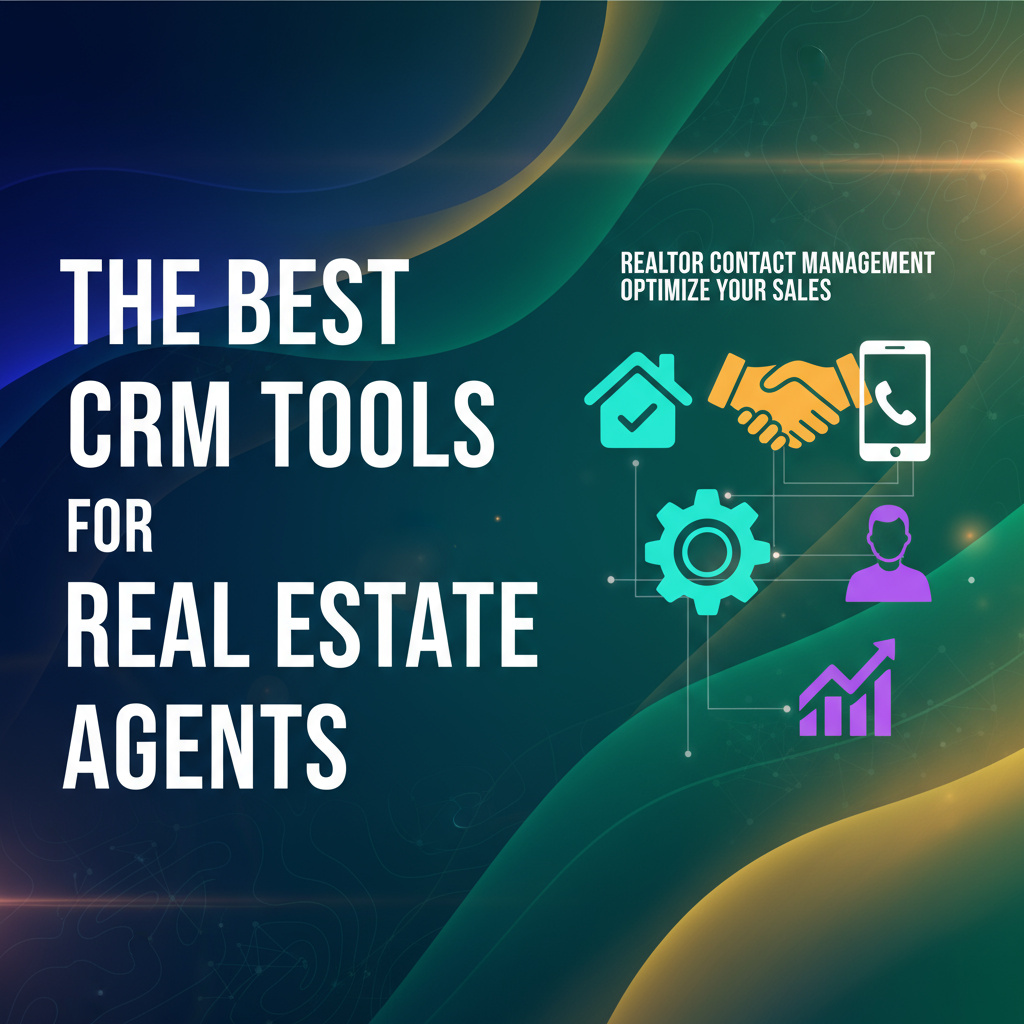In the competitive world of real estate, staying organized and maintaining strong client relationships are non-negotiable. That’s where CRM tools come in. For real estate agents, the right CRM isn’t just software—it’s the backbone of a thriving business.
Why Real Estate Agents Need a CRM
Managing leads, appointments, and client communications can quickly become overwhelming. A dedicated CRM streamlines these processes, allowing agents to focus on what they do best: closing deals.
The Benefits of Using a CRM
- Centralized Client Information: Keep all details, interactions, and preferences in one easily accessible place.
- Automated Follow-Ups: Ensure no lead falls through the cracks with reminders and automated emails.
- Performance Insights: Track metrics like conversion rates and sales cycles to optimize your strategy.
Top CRM Tools for Real Estate Agents
Not all CRMs are created equal. Here are the top contenders tailored for real estate professionals:
1. HubSpot CRM
HubSpot offers a free tier with powerful features, making it ideal for new agents. Its user-friendly interface and integration capabilities set it apart.
2. Zoho CRM
Zoho CRM is highly customizable and affordable, perfect for growing teams. It includes AI-powered insights to boost productivity.
3. Salesforce for Real Estate
Salesforce is the gold standard for scalability. With its robust features and real estate-specific add-ons, it’s a favorite among top-performing agents.
4. Follow Up Boss
Designed specifically for real estate, Follow Up Boss automates lead management and integrates with popular listing services.
5. Pipedrive
Pipedrive’s visual pipeline makes it easy to manage deals and deadlines, ensuring you never miss an opportunity.
How to Choose the Right CRM
Selecting the right CRM depends on your unique needs. Consider these factors:
1. Features vs. Cost
Ensure the CRM’s features align with your business goals without breaking the bank.
2. Ease of Use
A complicated system can waste time. Opt for intuitive platforms that require minimal training.
3. Integration Capabilities
Your CRM should seamlessly connect with email, calendar, and marketing tools to maximize efficiency.
Real-World Impact: A Case Study
After switching to Follow Up Boss, a team of agents in Miami increased their lead conversion rate by 35% within three months. The secret? Streamlined follow-ups and personalized communication.
Getting Started with Your CRM
Ready to transform your real estate business? Start with these steps:
- Choose a CRM that fits your budget and needs.
- Import your existing contacts and data.
- Set up automated workflows for lead nurturing.
Your Turn: What’s Your CRM Strategy?
Share your favorite CRM tips or tools in the comments. Let’s help each other thrive in the real estate game!

Leave a Reply